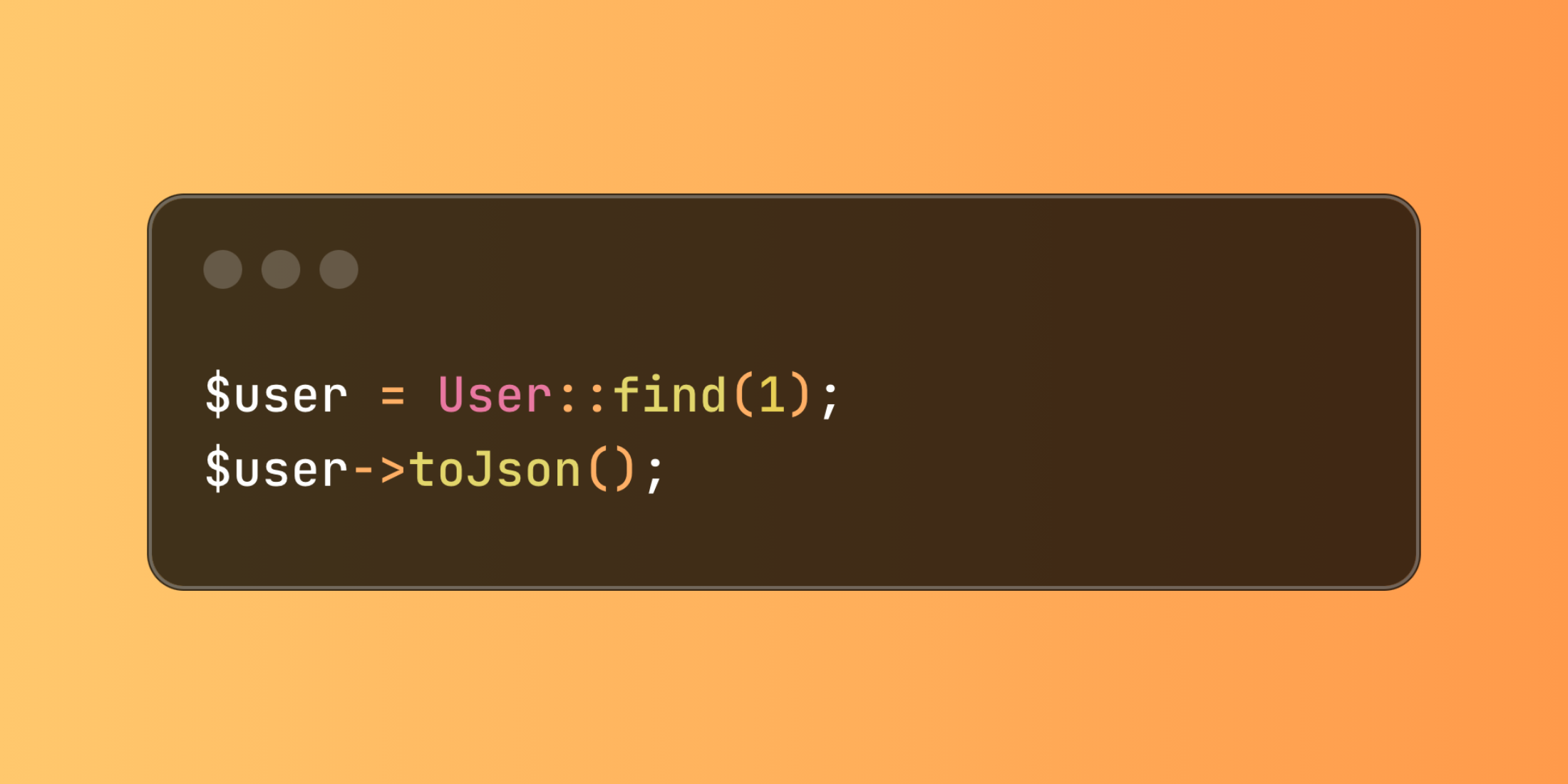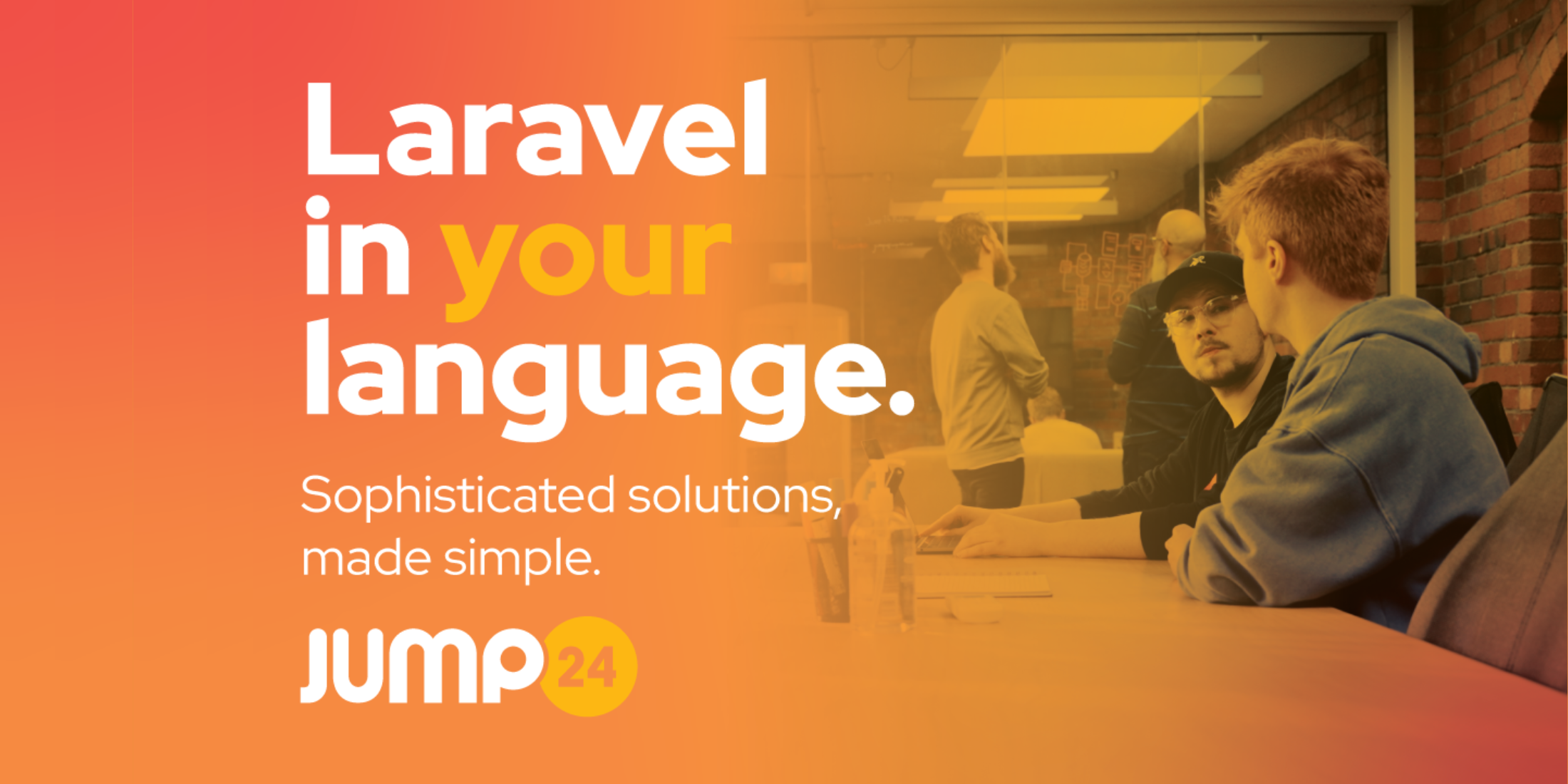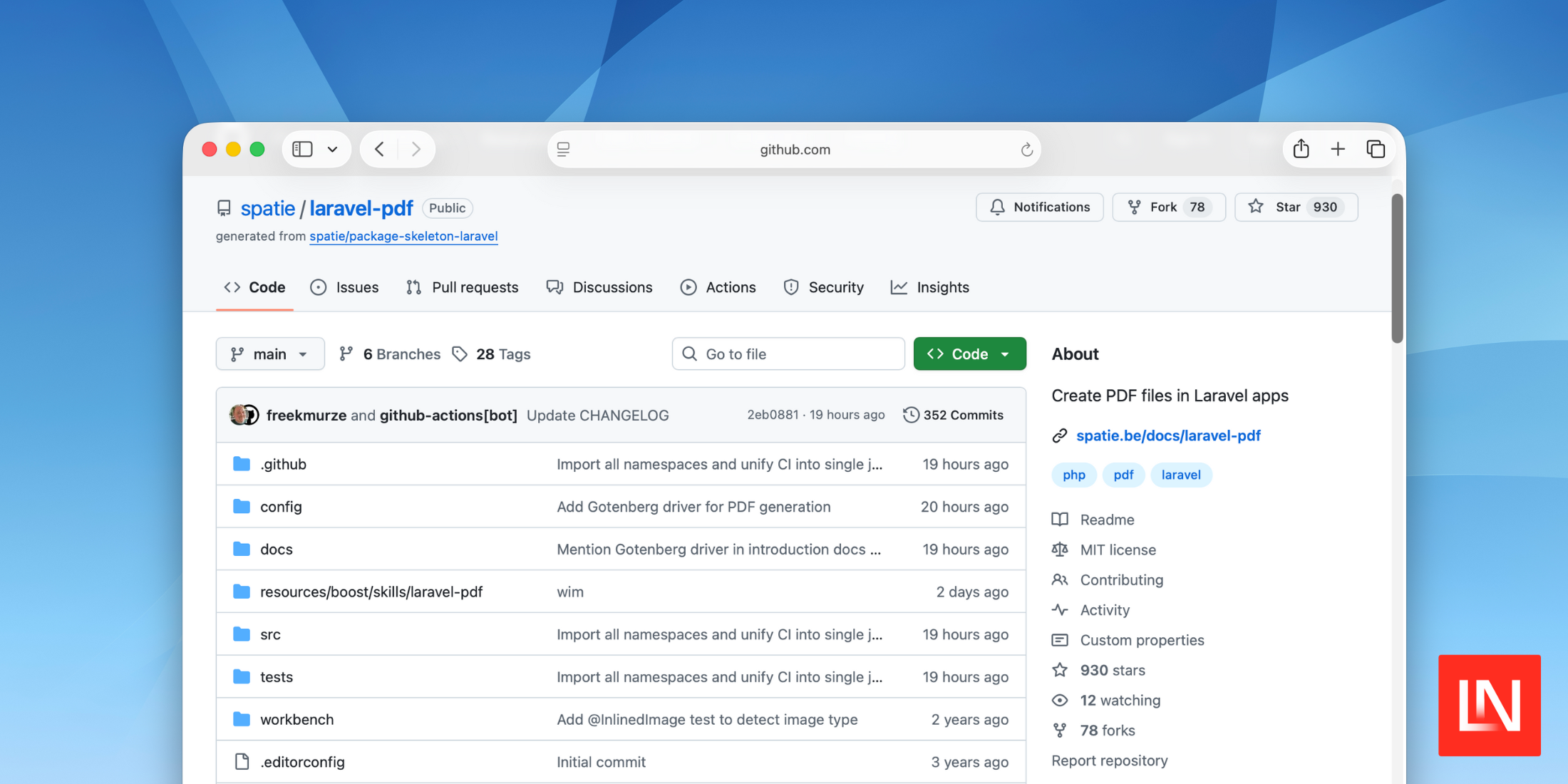Laravel provides several methods for transforming Eloquent models into JSON, with toJson() being one of the most straightforward approaches. This method offers flexibility in how your models are serialized for API responses.
// Basic usage of toJson()$user = User::find(1);return $user->toJson();// With JSON formatting optionsreturn $user->toJson(JSON_PRETTY_PRINT);Let's explore a practical example of an API response system using toJson():
<?php namespace App\Models; use Illuminate\Database\Eloquent\Model; class Article extends Model{ protected $appends = ['reading_time']; protected $hidden = ['internal_notes']; public function author() { return $this->belongsTo(User::class); } public function comments() { return $this->hasMany(Comment::class); } public function getReadingTimeAttribute() { return ceil(str_word_count($this->content) / 200); } public function toArray() { return [ 'id' => $this->id, 'title' => $this->title, 'content' => $this->content, 'author' => $this->author->name, 'reading_time' => $this->reading_time, 'comments_count' => $this->comments()->count(), 'created_at' => $this->created_at->toDateTimeString(), 'updated_at' => $this->updated_at->toDateTimeString(), ]; }} // In your controllerclass ArticleController extends Controller{ public function show($id) { $article = Article::with(['author', 'comments.user'])->findOrFail($id); return $article->toJson(); } public function index() { $articles = Article::with('author')->get(); return response()->json($articles); // Implicit conversion }}Laravel's toJson() method provides an efficient way to convert models to JSON, while offering the flexibility to customize the output through model attributes and relationships.

















